-
Cantine Barbera No Trix Perricone Menfi DOC 2020
Regular price $37.95 CADRegular priceUnit price per -
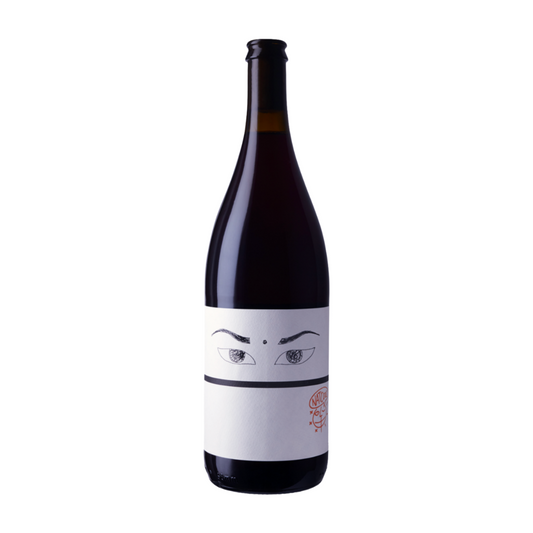 Sold out
Sold outNiepoort NAT'Cool! Tinto 2020
Regular price $29.95 CADRegular priceUnit price per -
Vignoble du Reveur Pierres Sauvages 2020
Regular price $36.95 CADRegular priceUnit price per -
 Sold out
Sold outWeingut Heinrich Naked White 2020
Regular price $34.95 CADRegular priceUnit price per -
Suertes del Marqués 7 Fuentes DO 2020
Regular price $31.95 CADRegular priceUnit price per -
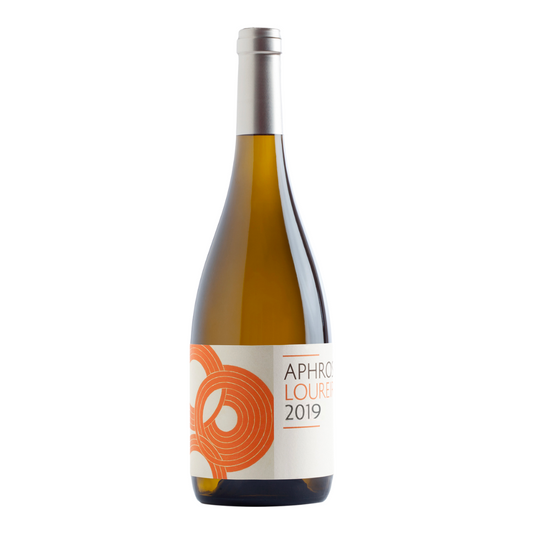 Sold out
Sold outAphros Vinhos Loureiro 2014
Regular price $33.95 CADRegular priceUnit price per -
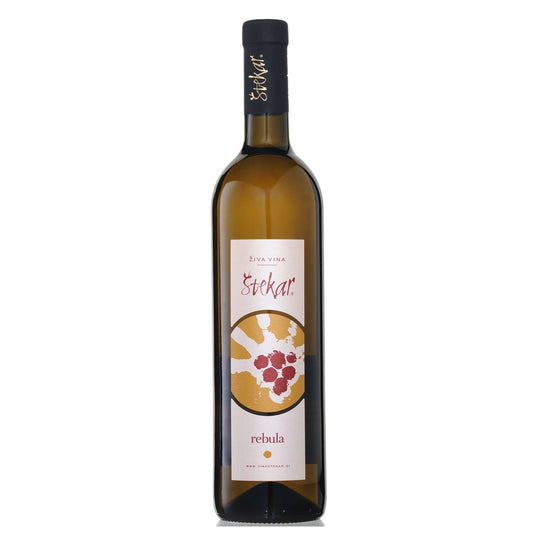 Sold out
Sold outŠtekar Rebula 2019
Regular price $43.95 CADRegular priceUnit price per -
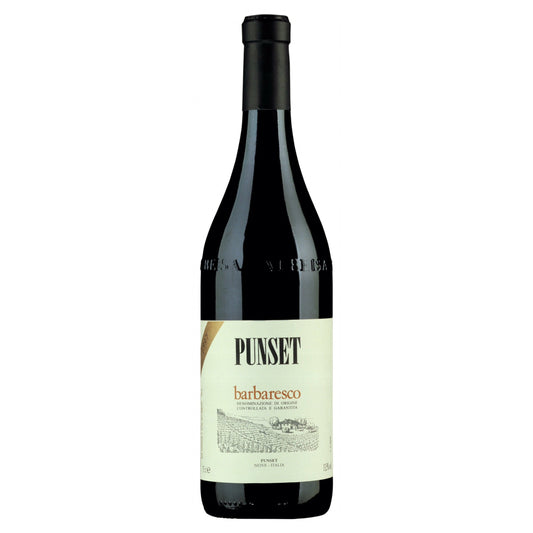 Sold out
Sold outPunset Barbaresco Basarin DOCG 2014
Regular price $99.95 CADRegular priceUnit price per -
Matthias Hager Grüner Veltliner Mollands 2020
Regular price $39.95 CADRegular priceUnit price per -
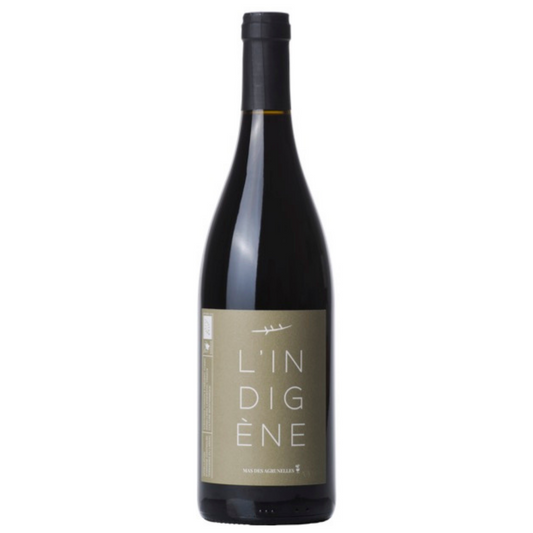 Sold out
Sold outMas des Agrunelles L'Indigène 2019
Regular price $44.95 CADRegular priceUnit price per -
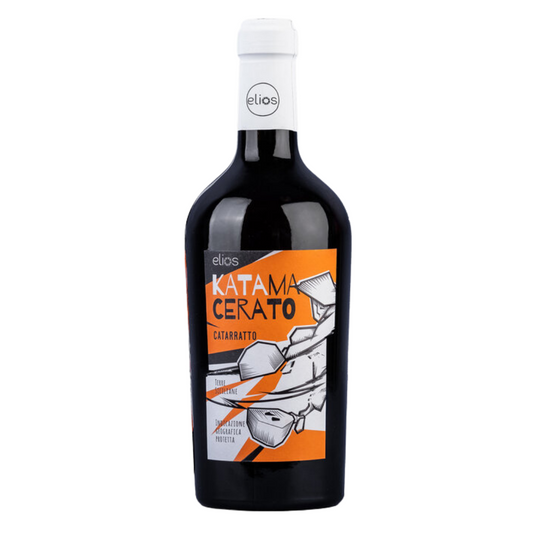 Sold out
Sold outElios Katamacerato Catarratto 2019
Regular price $57.95 CADRegular priceUnit price per -
Domaine Frédéric Brouca Champs Pentus VDF 2019
Regular price $37.95 CADRegular priceUnit price per -
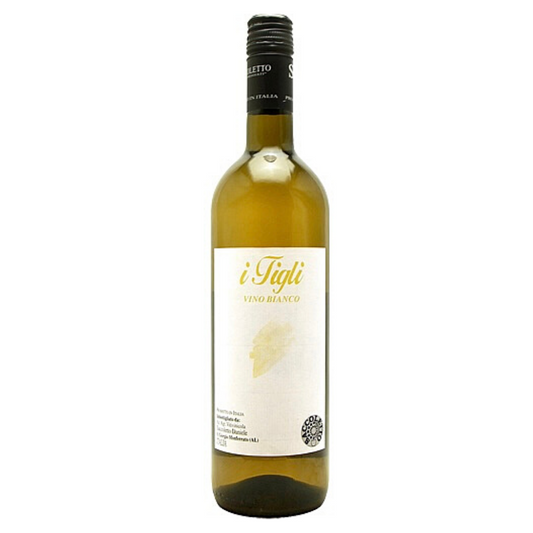 Sold out
Sold outDaniele Saccoletto I Tigli Bianco
Regular price $41.95 CADRegular priceUnit price per -
Celler Escoda Sanahuja Mas del Gaio 2019
Regular price $74.95 CADRegular priceUnit price per -
Celler Escoda Sanahuja Les Paradetes 2019
Regular price $61.95 CADRegular priceUnit price per -
Cantine Barbera Kalio Perricone Menfi DOC 2019
Regular price $37.95 CADRegular priceUnit price per













